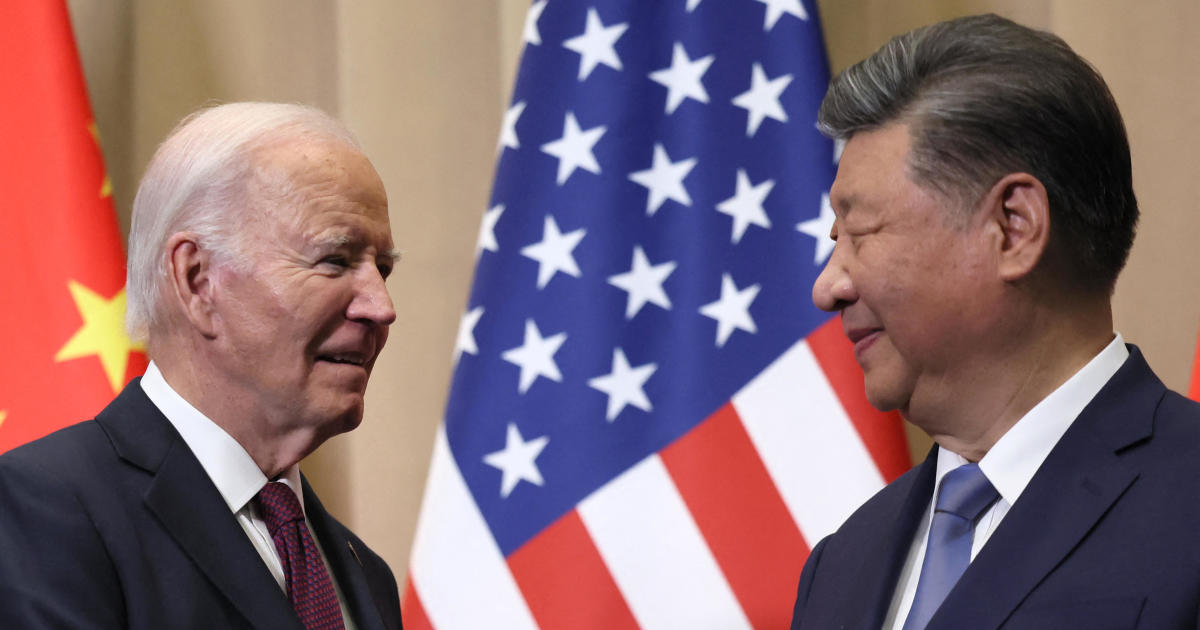In their final meeting, China’s leader Xi Jinping and President Biden discussed the future of their nations’ relationship as President-elect Donald Trump prepared to take office. The two leaders met on the sidelines of the annual Asia-Pacific Economic Cooperation summit, their first in-person meeting since their previous encounter in Northern California last November. President Biden was expected to address concerns about North Korea’s support for Russia’s war on Ukraine and China’s support for Russia’s defense industry.
During the meeting, Xi Jinping expressed China’s readiness to work with the incoming U.S. administration to maintain communication, expand cooperation, and manage differences for the benefit of both nations. Without explicitly mentioning Trump, Xi seemed to hint at concerns about the incoming president’s protectionist stance and its potential impact on the U.S.-China relationship.
President Biden, on the other hand, reflected on the ups and downs of the China-U.S. relationship over the past four years and the fruitful dialogues and cooperation that had been achieved. The two leaders, along with their top aides, gathered for discussions on various topics including the resumption of high-level military-to-military communications and the ongoing tensions between China and Taiwan.
Regarding Taiwan, President Biden reiterated the U.S.’s opposition to any unilateral changes to the status quo and called for peaceful resolution of cross-Strait differences. He also urged an end to destabilizing military activities by China around Taiwan. The meeting highlighted the importance of peace and stability in the Taiwan Strait for the global community.
There is significant uncertainty about the future of the U.S.-China relationship under the incoming Trump administration, particularly in light of Trump’s campaign promises to impose tariffs on Chinese imports and revoke China’s Most Favored Nation trade status. These proposals have raised concerns among American businesses, many of which rely on imports from China.
In response to the potential tariff threats, companies like Nike and Warby Parker have been diversifying their sourcing away from China, with plans to reduce imports from the country. The Biden administration has acknowledged the challenges posed by managing the competition with Beijing and will advise the incoming Trump team on navigating these complex foreign policy issues.
For President Biden, the meeting with Xi Jinping marked a significant moment as he concluded his more than 50-year career in politics. The relationship between the two leaders has been a focal point of Biden’s international diplomacy efforts, with both leaders acknowledging the importance of their interactions over the past decade.
However, the last four years have been marked by challenges, including cyberespionage campaigns by China targeting U.S. telecommunications networks and increased sales of technology to Russia for use in its conflict with Ukraine. Tensions between the U.S. and China have also been heightened by incidents such as the shooting down of a Chinese spy balloon by the U.S. military.
As the Biden administration prepares to transition to the Trump team, the future of U.S.-China relations remains uncertain. The meeting between President Biden and Xi Jinping served as a crucial opportunity to address key issues and lay the groundwork for continued dialogue and cooperation between the two nations.









